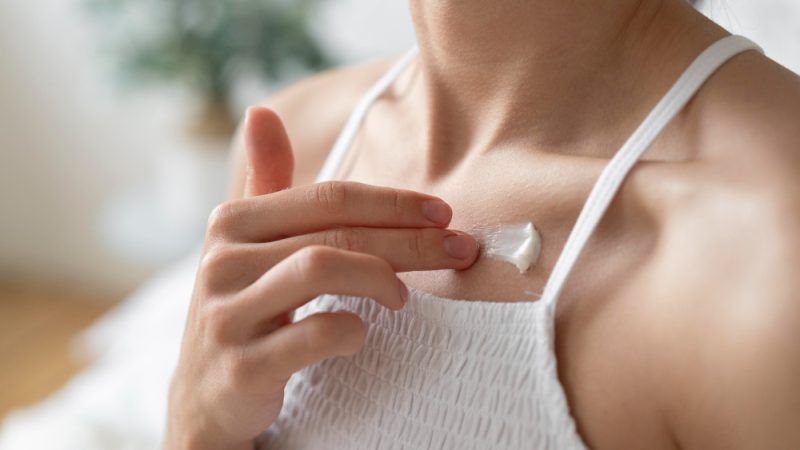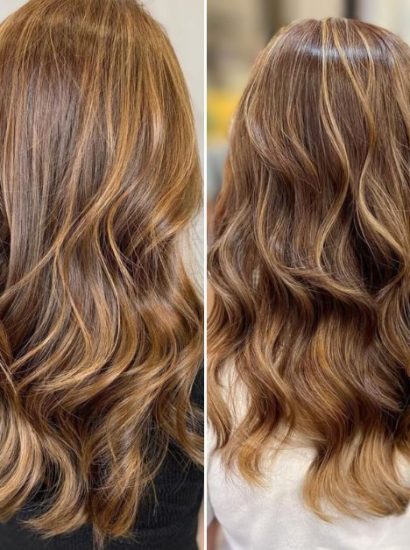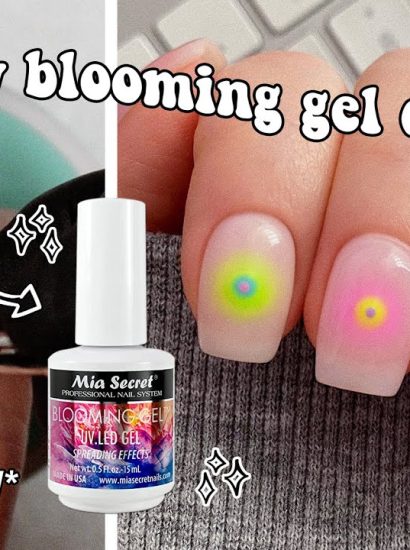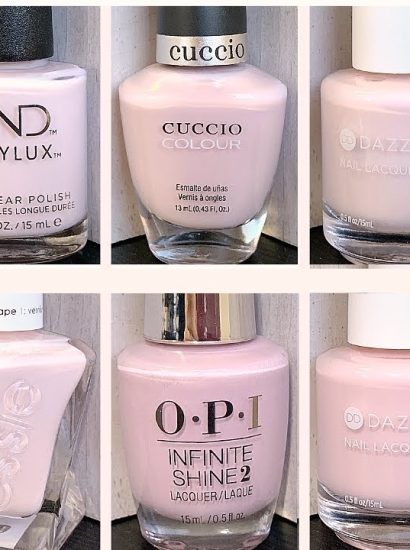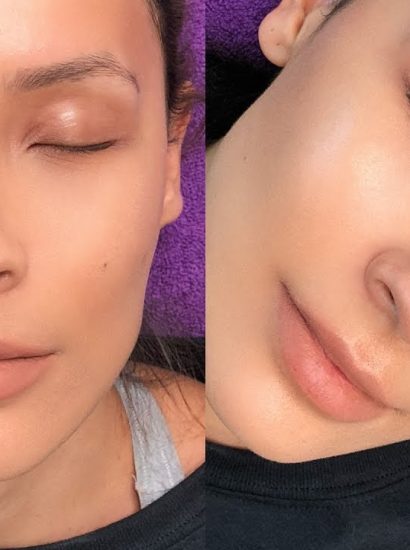Cream for Itchy Skin: Dealing with persistent itchiness can disrupt daily life, whether due to dryness, allergies, or skin conditions like eczema. Tailored creams offer targeted relief, soothing irritation and restoring skin health. This guide explores their efficacy, causes of itchiness, and strategies for finding effective solutions.
Understanding Itchy Skin and the Role ofCream for Itchy Skin
Itchy skin, medically known as pruritus, can result from various factors such as dryness, allergies, insect bites, or underlying skin conditions like eczema, psoriasis, or dermatitis. Itching can occur on any part of the body and may range from mild to severe. Creams formulated specifically for itchy skin play a crucial role in providing relief by addressing underlying causes and soothing irritation. Understanding the relationship between itching and the use of appropriate creams is essential for effective management and treatment.
Identifying Causes and Triggers of Itchy Skin: Understanding How Cream for Itchy Skin Can Alleviate Discomfort
Identifying the root cause of your itchy skin is essential for effective treatment. Common triggers include environmental factors, certain fabrics, harsh skincare products, stress, and underlying health conditions. Allergens, such as pollen or pet dander, can also exacerbate itching. Creams formulated specifically for itchy skin offer targeted relief by addressing these triggers and soothing irritation. Understanding the relationship between itching triggers and the use of appropriate creams is crucial for effectively managing and alleviating discomfort.
The Role of Moisturizing Cream for Itchy Skin
Moisturising creams play a crucial role in relieving itchy skin by replenishing moisture, soothing irritation, and creating a protective barrier. These creams help restore the skin’s natural moisture balance, reducing dryness and preventing further itching.
Key Ingredients to Look For
When selecting a cream for itchy skin, it’s essential to consider the ingredients. Look for soothing ingredients such as colloidal oatmeal, aloe vera, shea butter, and ceramides, which help calm inflammation and hydrate the skin. Avoid creams with fragrances, alcohol, or harsh chemicals that can irritate sensitive skin.
Types of Itch Relief Creams
There are various types of itch relief creams available, including over the counter (OTC) moisturisers, hydrocortisone creams, antihistamines, and prescription strength medications. Choose a cream based on the severity of your itchiness and any underlying skin conditions you may have.
Tips for Application
Proper application of itch relief creams is essential for optimal results. Cleanse the affected area with a gentle, fragrance free cleanser, pat dry with a soft towel, then apply the cream generously, massaging it into the skin until fully absorbed. Repeat as needed throughout the day.
Lifestyle Changes for Itch Management
In addition to using creams, making lifestyle changes can help manage itchy skin. Avoid hot showers, opt for lukewarm water instead, and use gentle, fragrance free skincare products. Wear breathable fabrics like cotton and avoid scratching, as it can worsen irritation and lead to skin damage.
When to See a Dermatologist
If your itchy skin persists despite using over the counter creams or if you experience other symptoms such as redness, swelling, or oozing, it’s crucial to consult a dermatologist. They can diagnose any underlying skin conditions and recommend appropriate treatment options.
Choosing the Right Cream for Itchy Skin
Finding the right cream for your itchy skin may require some trial and error. Consider factors such as your skin type, the severity of your itching, any allergies or sensitivities you may have, and your budget. Don’t hesitate to seek recommendations from healthcare professionals or read reviews from other users.
Maintaining Healthy Skin
Once you’ve found a cream that works for you, incorporate it into your daily skincare routine to maintain healthy, itchfree skin. Consistency is key, so continue using the cream even after your symptoms improve to prevent recurrence.
Conclusion:
Dealing with Cream for Itchy Skin can be challenging, but with the right knowledge and products, relief is within reach. By understanding the causes of itchiness, choosing suitable creams, and making lifestyle adjustments, you can effectively manage your symptoms and enjoy smoother, healthier skin.
FAQs:
1. What are the most common causes of itchy skin?
Dryness, allergies, insect bites, and underlying skin conditions like eczema or psoriasis are common causes of itchy skin.
2. Can moisturising creams help with itching?
Yes, moisturising creams can help relieve itching by replenishing moisture, soothing irritation, and creating a protective barrier on the skin.
3. Are there any natural remedies for itchy skin?
Yes, natural remedies such as aloe vera, colloidal oatmeal, and coconut oil can help soothe itchy skin. However, it’s essential to consult a healthcare professional before trying any new treatments.
4. How often should I apply Cream for Itchy Skin?
The frequency of application depends on the severity of your itching and the instructions provided with the cream. In general, it’s recommended to apply the cream at least twice daily or as needed for relief.
5.How do I choose the right cream for itchy skin?
Choosing the right cream for itchy skin depends on factors like your skin type, any allergies, and the cause of your itching. Look for products formulated specifically for itch relief and consider seeking recommendations from healthcare professionals if needed.
Also read: K SKIN BRANDS: FROM SEOUL TO GLOBAL INFLUENCE WITH 8 LEADERS

